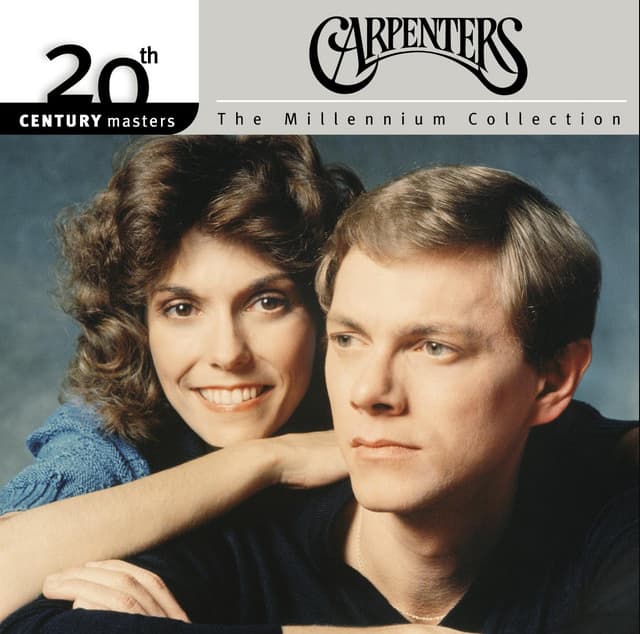
The Carpenters’ Goodbye to Love: A Melancholic Masterpiece of 70s Soft Rock
The early 1970s was a fascinating era in popular music, a time of transition where the raw energy of the late 60s was giving way to more introspective and polished sounds. Amidst this backdrop emerged The Carpenters, a brother-sister duo who carved a unique niche with their impeccably crafted melodies and Karen Carpenter’s undeniably angelic voice. While often categorized as “soft rock” or “easy listening,” their music possessed a depth and emotional resonance that transcended simple labels. A prime example of this is their 1972 hit, “Goodbye to Love,” a song that perfectly encapsulates the bittersweet ache of lost love.
Written by Richard Carpenter and John Bettis, “Goodbye to Love” isn’t a simple tale of heartbreak. It delves into the complexities of romantic relationships, exploring the moment when the realization dawns that a connection, once vibrant and promising, has reached its inevitable end. The lyrics, while poignant, avoid melodrama, instead opting for a quiet sense of acceptance. Lines like “I’ll say goodbye to love, no one ever cared if I should live or die” express a deep vulnerability without resorting to histrionics. This understated approach is one of the song’s greatest strengths, allowing listeners to connect with the emotions on a personal level.
Musically, “Goodbye to Love” is a testament to The Carpenters’ exceptional musicianship and Richard Carpenter’s arranging prowess. The gentle piano chords, the subtle orchestral arrangements, and of course, Karen’s smooth, expressive vocals create a melancholic yet beautiful atmosphere. The song builds gradually, reaching a powerful climax with a soaring guitar solo by Tony Peluso. This solo, which was somewhat unconventional for The Carpenters’ usual sound, added a touch of rock edge to the song, broadening its appeal and showcasing the duo’s willingness to experiment. It became one of the most recognizable guitar solos of the 70s soft rock era.
Released in the summer of 1972, “Goodbye to Love” quickly climbed the charts, peaking at number 7 on the Billboard Hot 100. It also reached the top spot on the Billboard Easy Listening chart, further solidifying The Carpenters’ dominance in that genre. While it might not be their biggest hit in terms of chart position, “Goodbye to Love” has endured as one of their most beloved and critically acclaimed songs. Its timeless themes of love, loss, and acceptance continue to resonate with listeners across generations, proving the enduring power of well-crafted music. It’s a song that invites introspection, offering solace to those who have experienced the pain of a love that couldn’t last. In essence, “Goodbye to Love” is a testament to The Carpenters’ ability to create music that is both beautiful and deeply moving, a true gem in the landscape of 70s popular music.